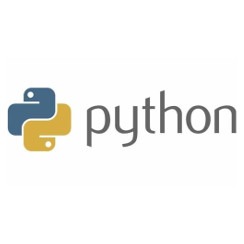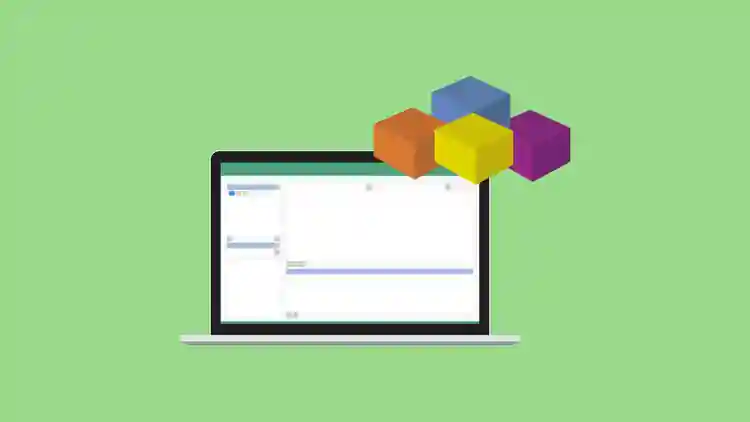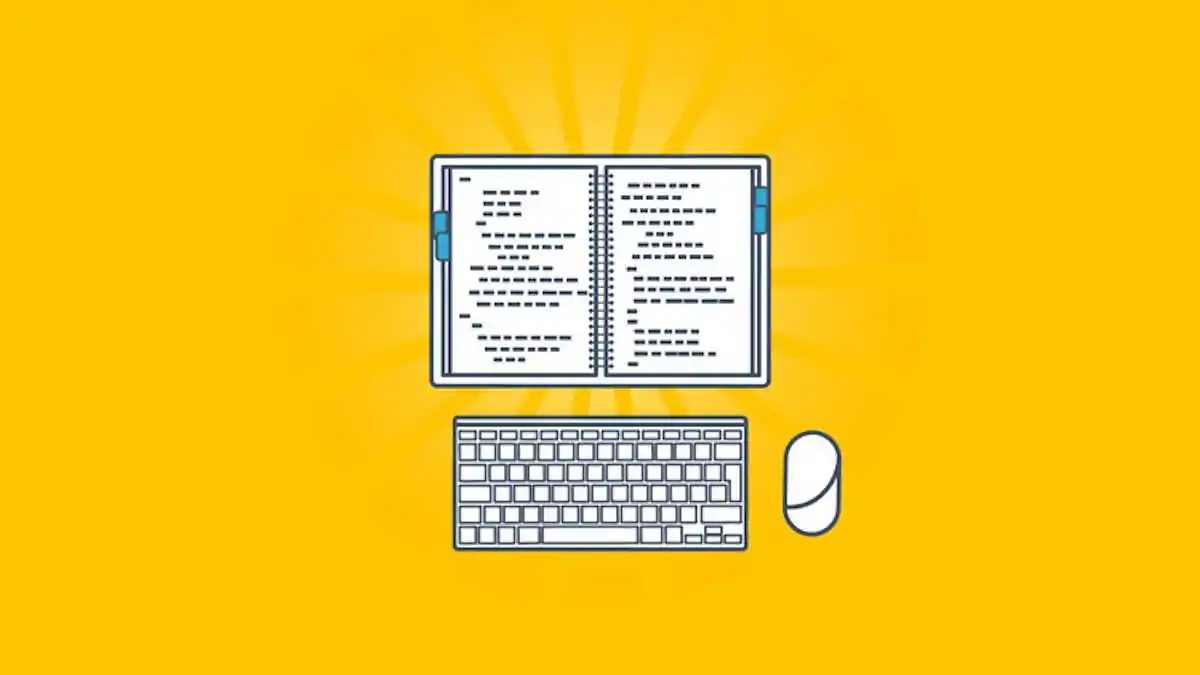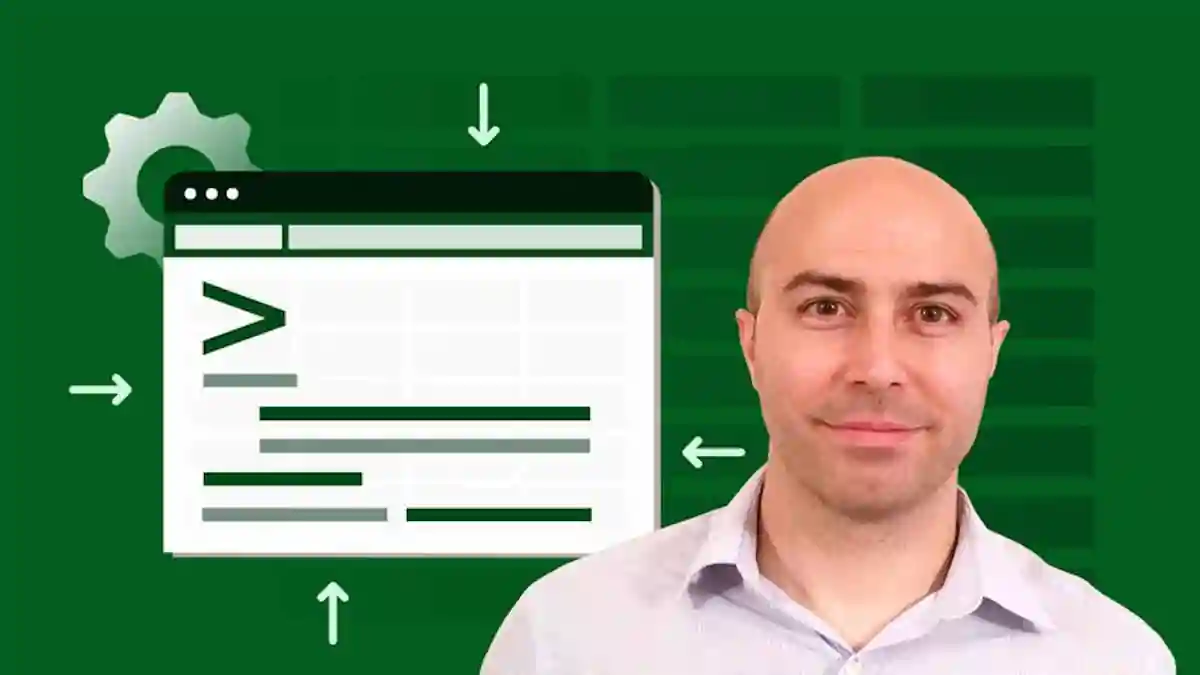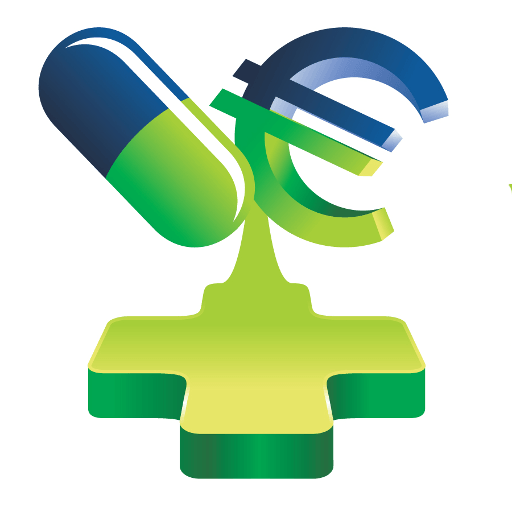Online Course. This course aims to teach everyone the basics of programming computers using Python. We cover the basics of how one constructs a program from a series of simple instructions in Python. The course has no pre-requisites and avoids all but the simplest mathematics. Anyone with moderate computer experience should be able to master the materials in this course. This course will cover Chapters 1-5 of the textbook “Python for Everybody”. Once a student completes this course, they will be ready to take more advanced programming courses. This course covers Python 3.
Syllabus – What you will learn from this course
- Describe the basics of the Python programming language
- Install Python and write your first program
- Use variables to store, retrieve and calculate information
- Utilize core programming tools such as functions and loops
Week 1: Why we Program?
These are the course-wide materials as well as the first part of Chapter One where we explore what it means to write programs. We finish Chapter One and have the quiz and first assignment in the third week of the class. Throughout the course, you may want to come back and look at these materials. This section should not take you an entire week.
6 videos (Total 38 min), 6 readings, 2 hours to complete
Week 2: Installing and Using Python
In this module, you will set things up so you can write Python programs. Not all activities in this module are required for this class so please read the “Using Python in this Class” material for details.
6 videos (Total 33 min), 3 readings, 2 quizzes,4 hours to complete
Week 3: Why We Program (continued)
In the first chapter, we try to cover the “big picture” of programming so you get a “table of contents” of the rest of the book. Don’t worry if not everything makes perfect sense the first time you hear it. This chapter is quite broad and you would benefit from reading the chapter in the book in addition to watching the lectures to help it all sink in. You might want to come back and re-watch these lectures after you have finished a few more chapters.
4 videos (Total 37 min), 2 quizzes, 2 hours to complete
Week 4: Variables and Expressions
In this chapter, we cover how a program uses the computer’s memory to store, retrieve and calculate information.
6 videos (Total 56 min), 1 reading, 3 quizzes, 3 hours to complete
Week 5: Conditional Code
In this section, we move from sequential code that simply runs one line of code after another to a conditional code where some steps are skipped. It is a very simple concept – but it is how computer software makes “choices”.
5 videos (Total 57 min), 3 quizzes, 3 hours to complete
Week 6: Functions
This is a relatively short chapter. We will learn about what functions are and how we can use them. The programs in the first chapters of the book are not large enough to require us to develop functions, but as the book moves into more and more complex programs, functions will be an essential way for us to make sense of our code.
4 videos (Total 35 min), 2 quizzes, 2 hours to complete
Week 7: Loops and Iteration
Loops and iteration complete our four basic programming patterns. Loops are the way we tell Python to do something over and over. Loops are the way we build programs that stay with a problem until the problem is solved. 7 videos (Total 64 min), 2 readings, 2 quizzes, 3 hours to complete.
